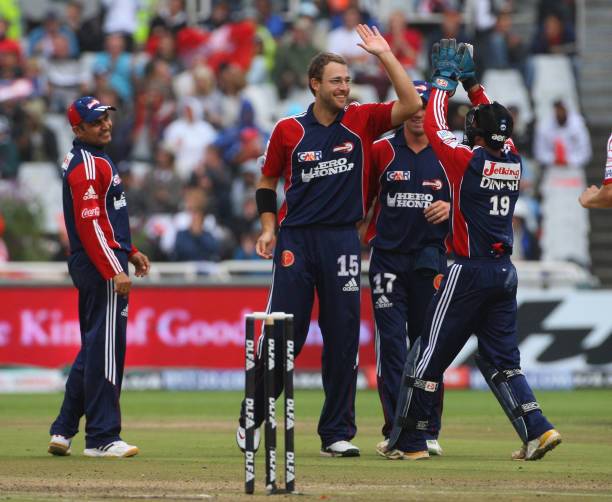The Influence of IPL on Cricketing Nutrition Practices
Sky247, 99exch: In recent years, there has been a noticeable transformation in the dietary preferences of athletes across various sports. Athletes are moving away from traditional high-carb, low-fat diets towards more balanced and personalized nutrition plans. This shift is fueled by a growing understanding of the importance of nutrient-dense foods in supporting optimal performance and recovery.
With a greater emphasis on whole, unprocessed foods, athletes are incorporating more fruits, vegetables, lean proteins, and healthy fats into their diets. This shift towards a more wholesome approach to nutrition is driven by a desire to fuel the body efficiently, enhance endurance, and promote overall well-being. As a result, sports nutritionists and dietitians are playing a crucial role in guiding athletes towards making smarter dietary choices that align with their performance goals.
Increased Emphasis on Performance Nutrition
Athletes worldwide are increasingly prioritizing performance nutrition to optimize their training and competitive outcomes. Understanding the vital role that food plays in fueling their bodies, athletes are focusing on proper nutrient timing and food selection to enhance their physical performance. Consuming a well-balanced diet tailored to their individual needs has become a key aspect of many athletes’ daily routines, as they strive to achieve peak performance levels on the field, court, or track.
Moreover, the evolution of sports science and research has shed light on the profound impact of nutrition on athletic performance. As a result, athletes are turning to nutrition professionals to develop personalized meal plans that align with their training goals. By strategically incorporating high-quality proteins, complex carbohydrates, and essential vitamins and minerals into their diets, athletes are equipping themselves with the necessary fuel to train harder, recover faster, and ultimately excel in their respective sports.
Evolution of Pre and Post-Match Meals
As athletes continue to prioritize their performance and recovery strategies, the evolution of pre and post-match meals has become increasingly significant in the world of sports nutrition. Gone are the days of simple carbohydrate loading before a game, as athletes and nutritionists are now focusing on a more holistic approach to fueling their bodies for optimal performance.
The traditional concept of a heavy pre-game meal has been replaced with a more balanced and individualized approach, taking into consideration the athlete’s specific nutritional needs, timing, and personal preferences. Post-match meals are no longer just about refueling with protein and carbohydrates but also about aiding in the recovery process, replenishing electrolytes, and reducing inflammation to support optimal recovery for the next game or training session.
– Athletes now focus on a holistic approach to fueling their bodies
– Pre-match meals are more balanced and individualized
– Consideration of athlete’s specific nutritional needs, timing, and preferences
– Post-match meals aid in recovery process
– Replenishing electrolytes and reducing inflammation for optimal recovery
What are some examples of pre-match meals that athletes used to consume in the past?
In the past, athletes would often consume heavy meals high in carbohydrates, such as pasta with heavy sauces, before a match.
How has the emphasis on performance nutrition evolved over time?
There has been a major shift towards focusing on performance nutrition, with athletes now opting for lighter, more nutrient-dense meals that provide sustained energy during a match.
What are some examples of post-match meals that athletes used to consume in the past?
In the past, athletes would often indulge in high-fat and high-calorie meals after a match, such as fast food or fried foods.
How have post-match meals evolved to better support recovery and performance?
Post-match meals now prioritize protein and nutrient-rich foods to aid in muscle recovery and replenish energy stores for the next match. Athletes often opt for lean proteins, complex carbohydrates, and plenty of fruits and vegetables.







